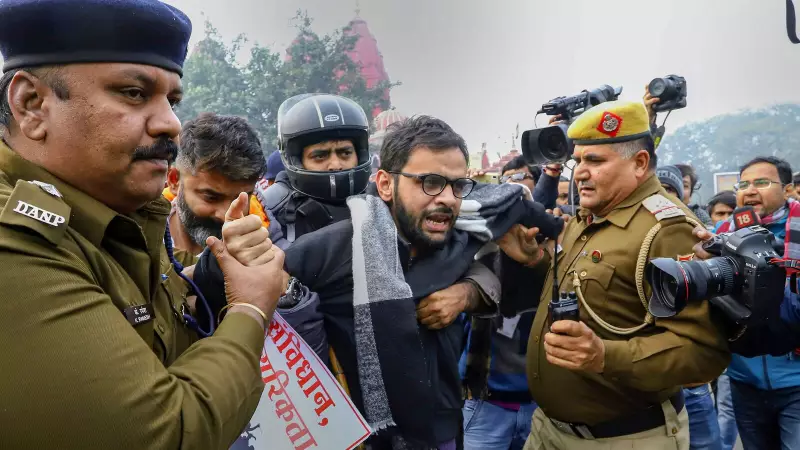
In a significant development that has captured national attention, the Supreme Court of India is set to deliberate on bail petitions filed by several activists incarcerated in connection with the 2020 Delhi riots case. The hearing, scheduled for tomorrow, represents a pivotal moment in the prolonged legal battle surrounding the communal violence that shook the capital.
Prominent Activists Seek Judicial Relief
Among those seeking bail are prominent student activists Sharjeel Imam and Umar Khalid, who have been detained under the Unlawful Activities (Prevention) Act (UAPA). Their continued imprisonment has sparked widespread debate about civil liberties and anti-terror legislation in India.
The Legal Landscape
The bench, comprising Justice B.R. Gavai and Justice Sanjay Karol, will examine multiple bail applications from activists charged with conspiracy and incitement of violence during the February 2020 riots that resulted in numerous casualties and widespread property damage across northeast Delhi.
Previous Judicial Proceedings
The Delhi High Court had previously denied bail to these activists, citing the seriousness of allegations under the stringent UAPA. The Supreme Court's intervention now offers a potential turning point in the case that has been closely monitored by human rights organizations and legal experts nationwide.
Broader Implications
This hearing transcends individual cases, touching upon fundamental questions about protest rights, free speech, and the application of anti-terror laws in India. The outcome is likely to establish important legal precedents regarding bail provisions under UAPA and set the tone for similar cases across the country.
Legal experts anticipate rigorous arguments from both sides, with defense counsel expected to challenge the prosecution's evidence while emphasizing the prolonged detention of the accused without trial. The prosecution is likely to maintain that the serious nature of charges warrants continued custody.
The nation watches closely as India's highest court prepares to weigh individual liberties against state security concerns in one of the most politically charged cases in recent memory.





